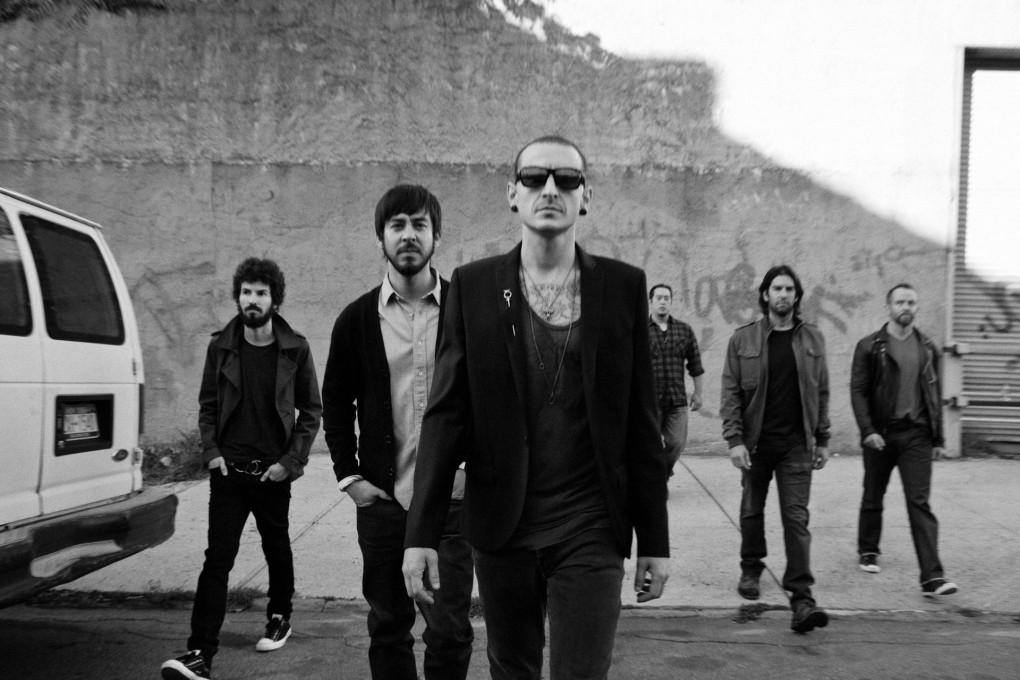Hard to the core
Linkin Park's new album marks a return to their original heavier sound, says Dave Bannister

entered the studio with fellow Linkin Park vocalist and songwriter Chester Bennington to record their latest album, they had a common aim: to return to the stadium-shaking sound that spawned their rise to glory.
"We were talking about getting more upbeat songs for our live show," Shinoda says by phone from the group's native California, in advance of this month's Hong Kong concert. "We decided to make an album that has tons of energy in short bursts. The songs have benefited the live shows, because they were really made just for that."
That fifth album, Living Things, wasn't merely a return to basics in an effort to recapture the simple beauty of earlier hits such as Numb. They held on to some of the experimental work that shaped their last two releases, including the electronic vibe of A Thousand Suns. But on Living Things, they sound like a heavy rock band again. And this time they're no longer shackled with the nu-metal movement tag that initially pigeonholed them.
Fans flocking to the AsiaWorld-Arena to catch Linkin Park in the midst of the band's latest tour around Asia will see their most diverse show yet. At the core are melodic songs that thrive on the vocal interplay between Bennington's yelling and Shinoda's rapping.
"There will be a nice balance of old and new songs," Shinoda says. "There'll be a lot from the new record mixed with some of the old ones, too. It will give a sense of every stage of the band, all of the different moods."
Shinoda formed Linkin Park in 1996 in the Los Angeles suburb of Agoura Hills, with high school friends Brad Delson, a guitarist and co-songwriter, and drummer Rob Bourdon. Joe Hahn, a turntablist who adds DJ effects to the mix, and bass guitarist Dave Farrell soon joined. Bennington, from Arizona, arrived in 1999.